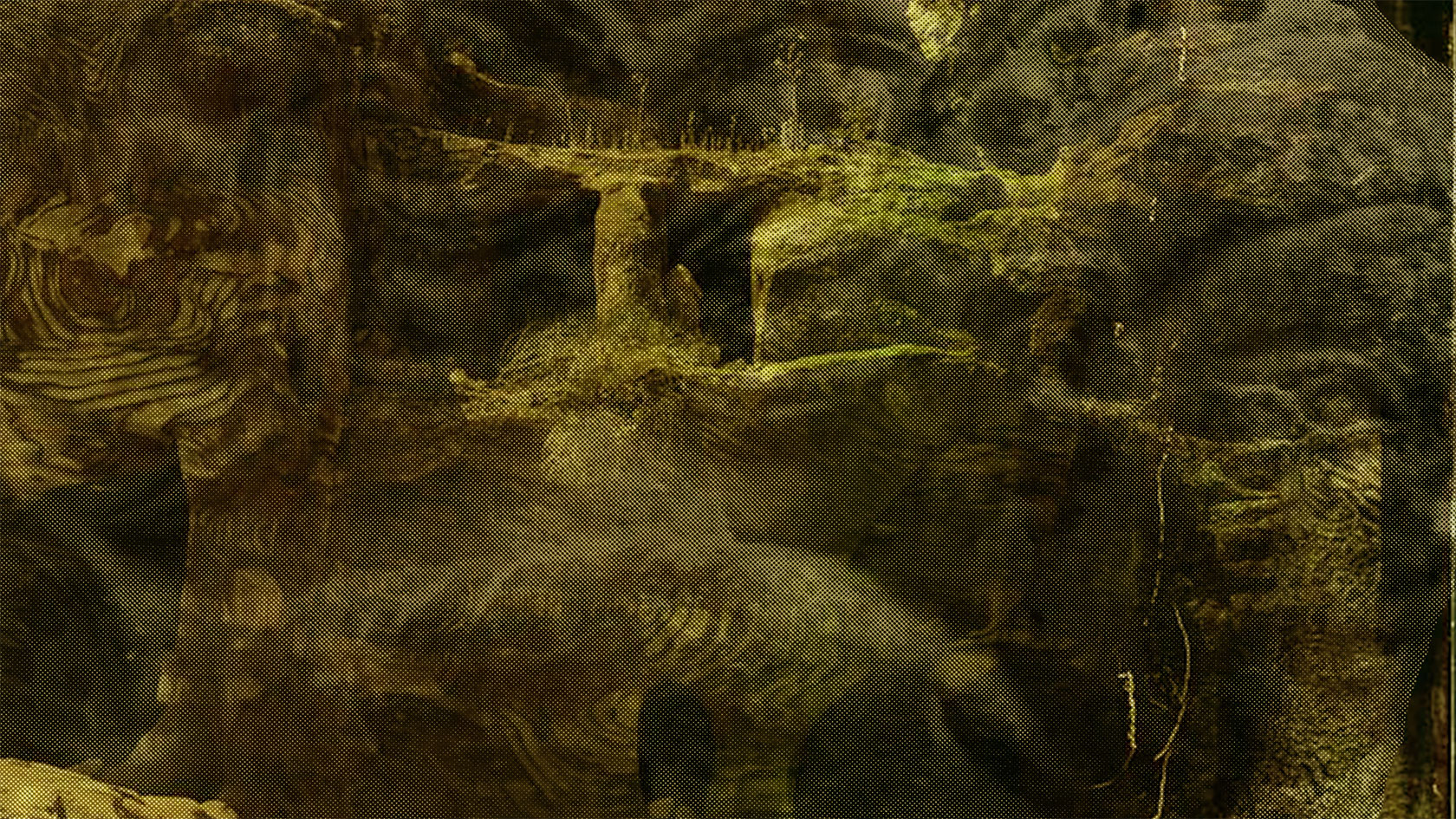When I was on the island of San Simon, I fell in love with a stone man.
Besides him, there were nine of us: seven poets, a cook, and a boatman. The poets came to this northern Spanish island to commune and translate one another’s poems. The cook fed us and the boatman ferried us to the mainland as needed.
The island’s history was heavy. Franco sent his enemies here to be executed. First a prison, the island then became a military garrison, and finally a place for the incurable, the hopeless, and the mentally ill.
Now it was a place for governmental use. For special guests. And so, for one week, we were those special people. The poets. Each from a different corner of the world.
Every day we took a break in the afternoon, and while the others wrote, bathed, or napped, I explored the tiny island, so small that it took only fifteen minutes to walk its shores from one end to the other.
Franco carried out his executions beyond the bridge where we stayed. A sign said this was the Priest’s section. As I walked towards the extreme end of the island, I reached a wall against which Franco shot men. Behind it was a roofless room with rock walls and five unmarked graves of various sizes. Next to that was as a large enclosure in which the stone man stood. We were chin to chin if I stood on my tiptoes. Hombre sin miedo, the man without fear, facing the water. When I entered the enclosure, the air changed color.
He had been waiting. Eyes carved wide, full lips, arms folded, hands twice the size of mine, he was deprived of feet. Was it because the artist ran out of patience or time? Did he fear that his creation might one day unroot and walk into the sea? Why did he name him the man without fear?
I visited this section every day. First the buried unknowns, for whom I would sing, then my hombre sin miedo, with whom I spoke. He was a good listener. And I had so much to confess. But I will not tell it here. Some sins are only for ears made of stone.
I ran my fingers along his deep-carved eyes, his large head, his lichen-covered torso. Who would have thought stone could be so soft, so sensual. To love a man made of stone is no different from loving a poet long dead. It’s mostly the presence that you love. The heart is not always drawn to what is made of flesh. Isn’t the body a vehicle for the soul? Who’s to say that the duende of my hombre sin miedo was not tied to a spirit behind that wall?
I put my lips on his. The breeze shivered. The ghosts next door watched us from among the tree branches. The water’s music shifted to a lower key. The birds hovered. And as I closed my eyes, a draft of air lifted my red scarf and wrapped it around his thick stony neck. My hombre sin miedo.
The Kiss is a bimonthly series curated by Brian Turner.
The Kiss: Intimacies from Writers is available from Norton in February 2018.

